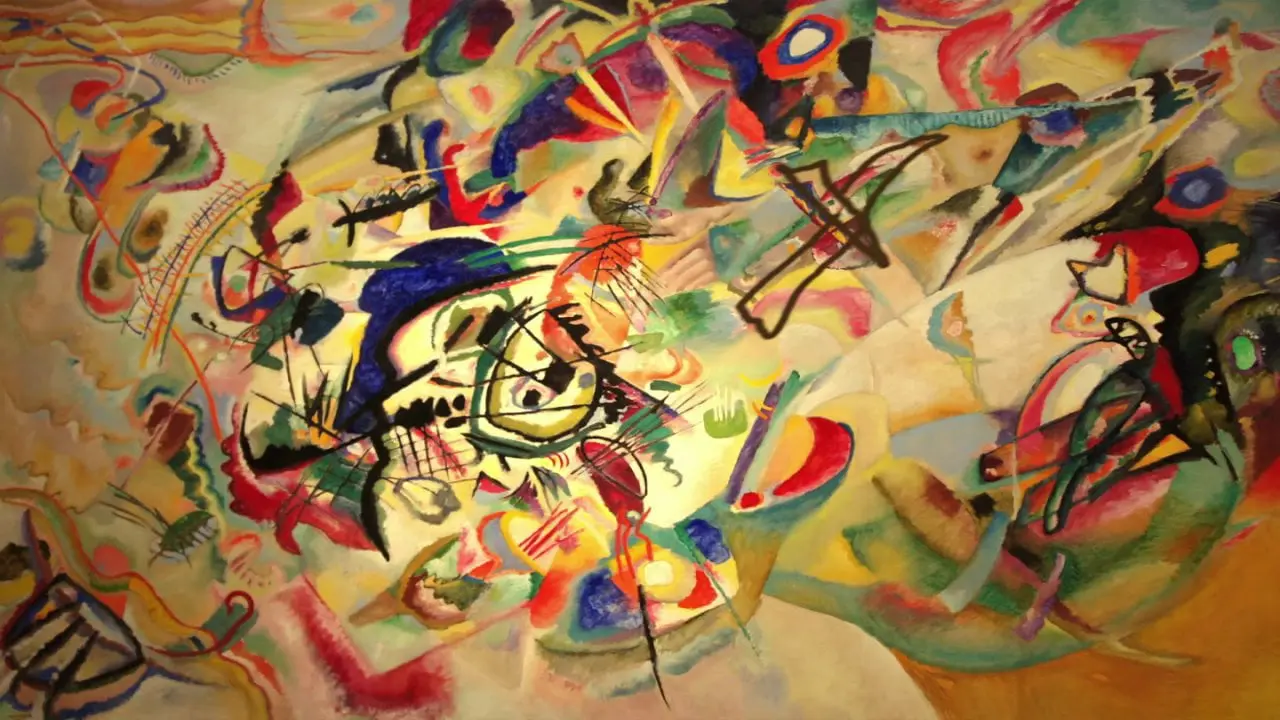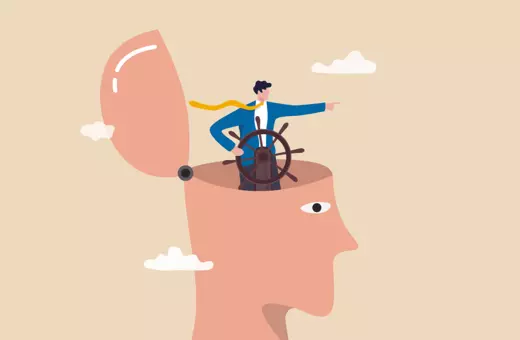Running makes a person moral, argues Sabrina Little in her new book The Examined Run. The idea that athletics can shape a person’s character is not a new one. Around 375 BCE, Plato wrote of gymnastics as preparation for education. But with only 15% of the US population running, is there a danger that this moral person is on decline? Sabrina argues that this may be the case, running can diffuse into moral action outside of the trainers.
In early October 2016, I broke the navicular bone in my foot three weeks out from the Trail World Championships. I broke it through a combination of an imbalance, which had developed in my stride, and by running too many miles on hard surfaces. Having had little experience with broken bones, I did not detect a growing pain that should have been a cause for alarm, so I caught the injury after it was too late to recuperate with a few days of rest. The body is resilient if given the space to recover. I did not give it the space.
SUGGESTED VIEWING The Sound of the Self With
This was a pitiable occurrence, so close to the Trail World Championships, and I was embarrassed to report my withdrawal from the team. I buried my sorrows in physical therapy appointments, where I went through the arduous process of rebuilding my body back to strength. It was a frustrating season of life.
If you have ever been to a physical therapist, you know what I mean by arduous. The difficulty is not in daring deeds or impressive feats of strength. It is in subjecting oneself to seemingly trivial movements and trusting that they matter. At physical therapy appointments, I was assigned a series of tiny exercises—frustratingly tiny—to perform over a long period of time. I performed ankle rotations and single-leg work. I corrected my stride asymmetry with hamstring curls and clam shells using large rubber bands, and I repeatedly launched off the ground in a simulated running movement, with the physical therapist pulling me backwards using a sling contraption he held onto for resistance. I did these movements repeatedly for weeks on end, restarting upon finishing, and I confess that I had a hard time imagining Sisyphus happy.
By December, I was running again. By February, I had won another national title. It was ugly, but I did it. For the rest of the year, I continued racing a lot—and poorly. Close to a decade of consistent training ended abruptly with my broken foot. Speed came back quickly, but my strength did not because strength is earned over multiple seasons. I needed to put in the time and to recover patiently. And, while I did not always see progress from week to week, I trusted that the investments I made were not in vain, and that I would be strong again. This was true. It took about a year, but I eventually returned to full form.






















Join the conversation